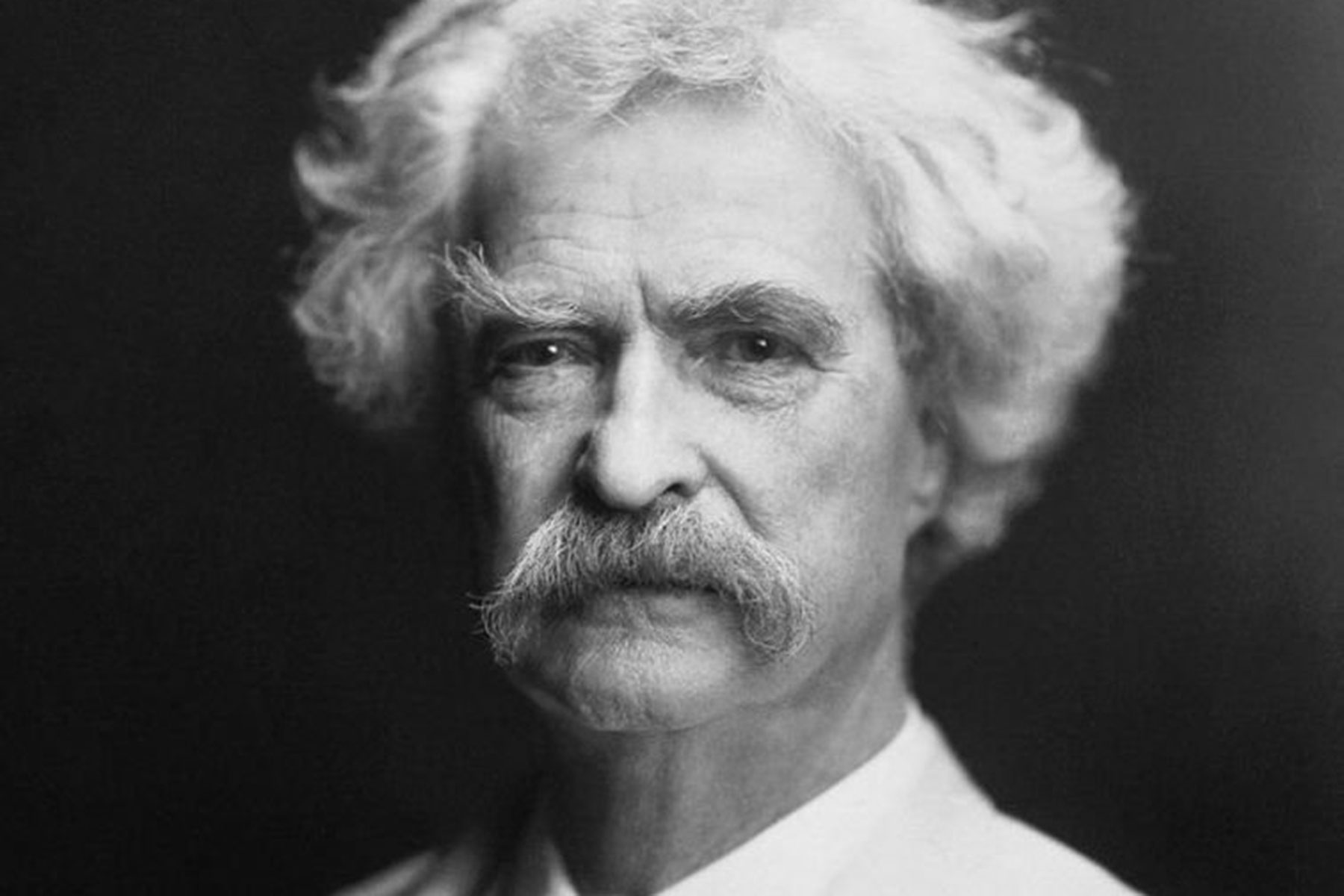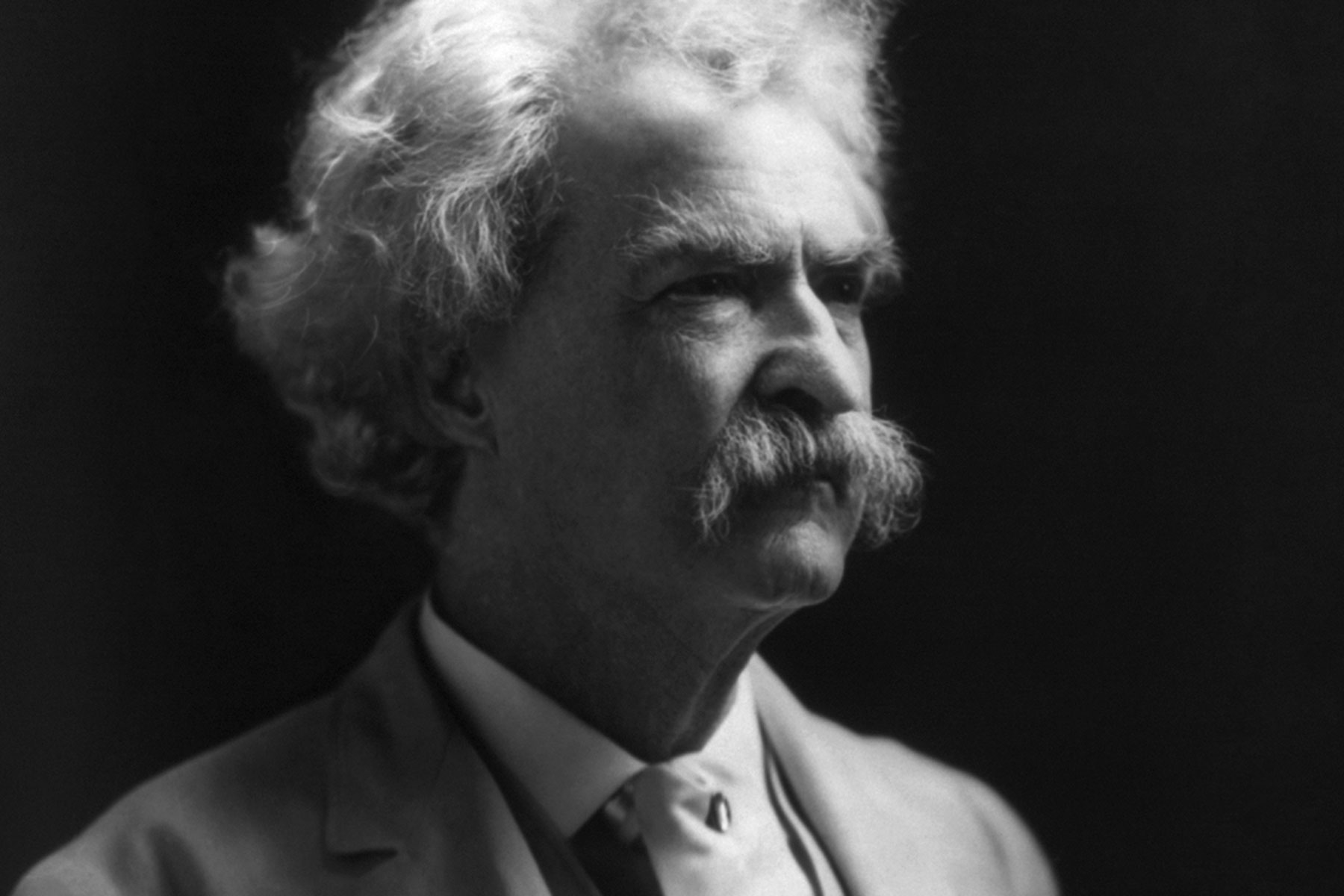
“If you don’t read the newspaper you are uninformed; if you do, you are misinformed.” – Samuel Langhorne Clemens
Celebrated humorist and author Samuel Langhorne Clemens, known popularly by his pen name Mark Twain, was skeptical of newspapers and the media in general. Ironically when he visited Milwaukee in 1885, Clemens was interviewed by the Milwaukee newspaper Evening Wisconsin. The resulting article participated in the exact behaviors he criticized.
Clemens believed that the press had too much freedom and held too much power over the minds of the people, to the point where the press could effortlessly destroy reputations. Though he believed that educated folk could see through the bias of the free press, the majority of “stupid people,” in his words, believed everything reporters told them, no matter how harmful.
“The newspaper has tremendous power,” Clemens said during a speech in Connecticut. “It can make or mar any man’s reputation. It has perfect freedom to call the best man in the land a fraud and a thief, and he is destroyed beyond help.”
Because of this power, Clemens believed that there needed to be a way to protect the people from the press, a press made up of journalists that lie and newspapers paid off by government officials.*
When Clemens visited Milwaukee in 1885, a reporter from Milwaukee’s Evening Wisconsin interviewed the young humorist. This was his first visit to Milwaukee and was part of his reading tour with Southern author George W. Cable. Clemens, who had previously been “a boatman, a miner, a traveler” was described as “brusque but genial” in the interview.
After a lengthy description of Clemens’s appearance, the interview began with Clemens commenting on the Wisconsin weather which was, of course, “not calculated to promote one’s comfort.” Sitting in the old Plankinton House that formerly existed between Plankinton Street and 2nd Street on Wisconsin Avenue, Clemens revealed why copies of the “Adventures of Huckleberry Finn” were delayed, as illustrations were malformed, and how many copies of his books sold.
Clemens then denied the allegations that he had obtained Canadian residency to sell his books in Canada, and argued that the system of copyright law in the 1880s was “morally wrong.” To end the interview, he told the story of how he got his pen name “Mark Twain” from the riverboat term measuring two fathoms (12 feet) in depth: mark (measure) twain (two).
Although interesting today for revealing the person behind the celebrated author, Clemens’s interview ironically embodies one of his main criticisms of the media, the bias of reporters and the harmful nature of exaggerated and untruthful coverage.
He said in the Connecticut interview that “in the newspapers of the West you can use the editorial voice in the editorial columns to defend any wretched and injurious dogma you please by paying a dollar a line for it.”
Insert “shameless self-promotion” for “any wretched and injurious dogma” and you have this 1885 Milwaukee interview. From its very beginning the article venerates the humorist, saying that he is “one of the most humorous writers that has ever lived.” Throw in his physical description of being “an almost perfect specimen of physical manhood” and the Evening Wisconsin makes Clemens seem practically godlike.* *
This sort of physical description is common today in journalism, especially in magazines. Profiles and feature stories rely on heavy description to paint a picture of the scene of an interview, which is meant to ground articles in a physical reality. But this reality comes with a price. Too often depictions of public figures, like Clemens, make them seem invincible and their eventual fall much more delicious to witness.

* Twain, Mark. License of the Press. Monday Evening Club, 31 March 1873, Hartford, Connecticut
* * Talk with Mark Twain. Milwaukee Evening Wisconsin, 29 January 1885














